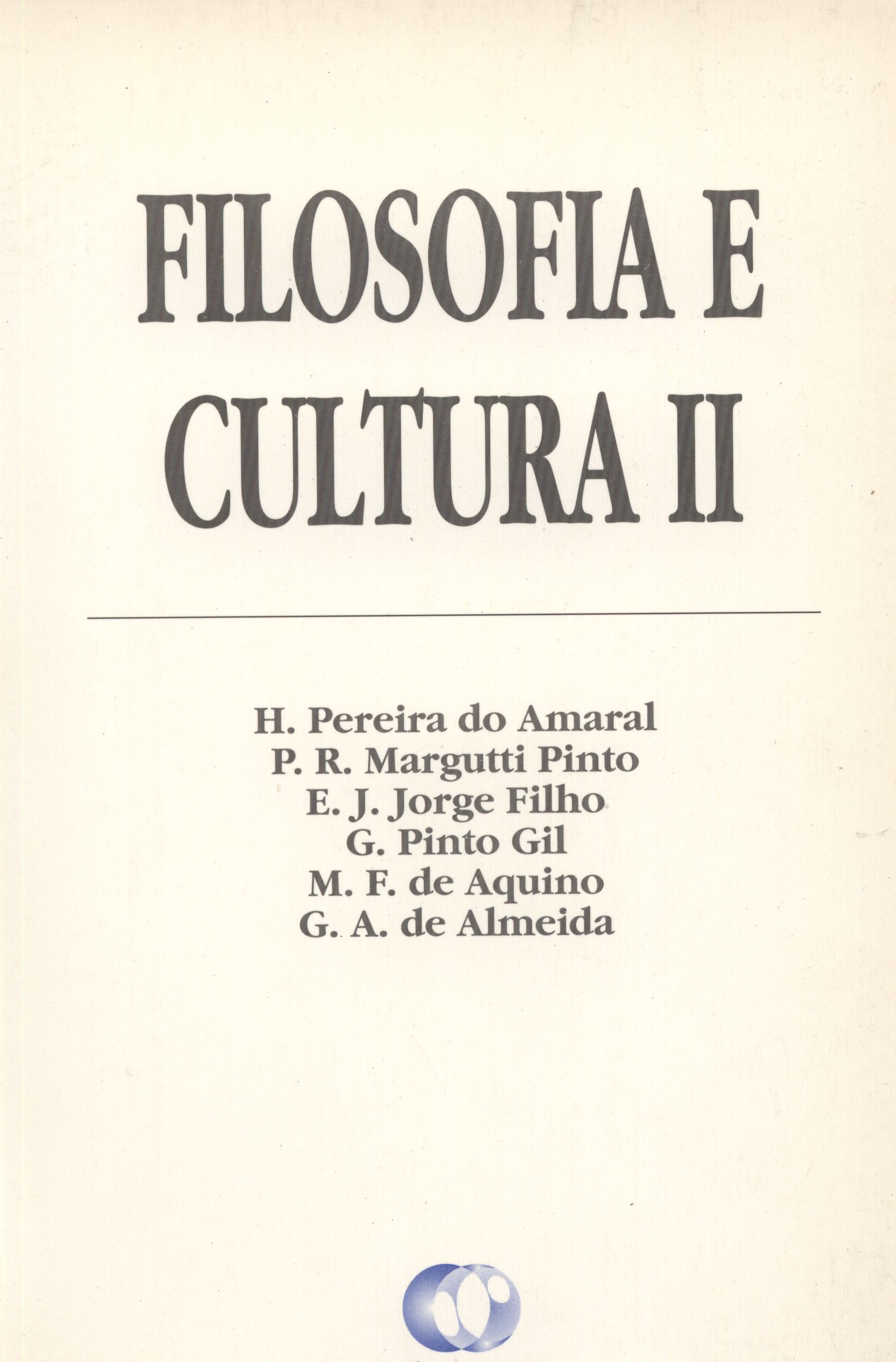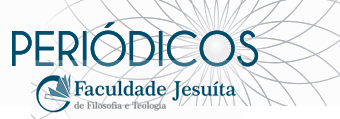A MORALIDADE E ESTADO DE NATUREZA EM ROUSSEAU
Resumo
Sustentamos que o hipotético estado de natureza primitivo de Rousseau não é um estado amoral. Partimos da interpretação da sua concepção do direito natural, em que descobrimos um tríplice fundamenta: dois sentimentos ”” amor-de-si-mesmo e piedade natural ”” e a consciência da liberdade. E m seguida, defendemos que a liberdade e a consciência existem em ato já naquele estado. Finalmente, verificamos, de maneira preliminar, a hipótese da proximidade deste a um "ponto ótimo" de realiza-lo da liberdade e da consciência, incluindo-o entre os ideais alternativos de Rousseau.
Abstract: We hold that the hypothetical state of primitive nature of Rousseau is not an amoral state. We start from the interpretation of its conception of natural law, in which we discover a threefold base: two feelings - love-of-itself and natural piety - and the consciousness of freedom. I n then defend that freedom and consciousness exist in act already in that state. Finally, we found, in a preliminary way, the proximity of this hypothesis to a "sweet spot" of done it freedom and conscience, including it among the alternative ideas of Rousseau.






























